If you’re thinking of purchasing a new car and can’t decide between a diesel vs gas powered engine, you may want to compare the differences in each engine. Knowing the differences and the pros and cons of each one will help you decide which vehicle is right for you. It’s been widely known for some time that diesel engines get great mileage, often providing more than 25% better fuel economy than their gas-powered counterparts. However, though they may be more fuel efficient, diesel doesn’t produce a high-speed performance. Diesel engines are often slower, stronger, yet more enduring.
Both engines work on the same principle utilizing intake, compression and power, exhaust, and air to fuel ratios. Here, we explore their similarities and differences between diesel and gas:
On the Intake:
Gas powered engines take both air and fuel into the combustion chamber while diesel takes only air into the combustion chamber.
Compression & Power:
While both engines squeeze or compress air into a small pocket, resulting in an explosion, how the explosions occur is the major difference between the two. In gas engines, a spark plug is used to ignite the air and fuel mixture, forcing the piston down. For diesel, as the piston approaches the top of the compression stroke, the air in the pocket is compressed considerably causing it to get very hot which ignites the diesel fuel when it is introduced by the fuel injectors.
Exhaust:
On both engines, a valve opens and the piston forces spent fumes out of the cylinder through the exhaust systems.
Throttle body:
Gas powered vehicles are equipped with a throttle body while diesel engines do not. When the accelerator is pressed, the throttle body, or butterfly valve, located between the air intake filter and the intake manifold, opens, allowing more air into the engine. The vehicle’s computer senses that in order to increase speed and power, it must inject more fuel. In diesel engines, pressing the accelerator directly controls the amount of fuel provided to the engine.
Air to Fuel Ratio:
While gas engines are limited in their air to fuel ratio, diesel engines can operate in a wide range. Pressing the gas pedal on a diesel engine, however, decreases the air to fuel ratio. More fuel is injected comparative to the air taken in, creating an increase in horsepower. The black cloud of smoke that you often see from a diesel engine, is a result of the soot created when the engine is operating at a low air to fuel ratio.
Common issues that occur with diesel engines and their cause include:
- Issues upon startup – May be related to poor engine compression.
- Blue smoke coming from the engine – Blue smoke from the tailpipe indicates the engine is burning its own oil likely caused by worn out cylinders or an overfilled oil chamber.
- Loss of engine power – Also caused by poor engine compression. It may also indicate piston rings, valves, or head gaskets are worn and need to be replaced.
- Increased oil consumption – If you find that you are frequently adding oil to the engine, there is likely a leak that needs immediate attention. If the leak is related to bad piston rings or cylinder liners, neglecting the leak could result in some costly and extensive repairs.
- Engine knocking – Over time with oil contamination or timing issues, the engine may make a knocking sound. It’s often caused by damaged seals, bearings, or a worn piston skirt.
If you decide a diesel engine vehicle is for you, you’ll need to find a service center you trust to provide repairs and routine maintenance. Diesel technology changes often and the EPA continues to pressure vehicle manufacturers to produce low-emission vehicles, including diesel engines. It’s important to find a service center that understands the unique aspects of diesel cars and trucks and how to properly maintain and repair them. That’s where Sun Devil Auto comes in. Our service centers are equipped with state-of-the-art, specialized equipment to ensure each vehicle is serviced properly. Our ASE Certified Technicians are trained on the ins and outs of the diesel engine providing everything from oil changes to major engine repairs. We have several locations throughout the Metro-Phoenix area to serve you. Learn more about all the services we offer on diesel engines or contact one of our many locations and speak with our expert staff.
